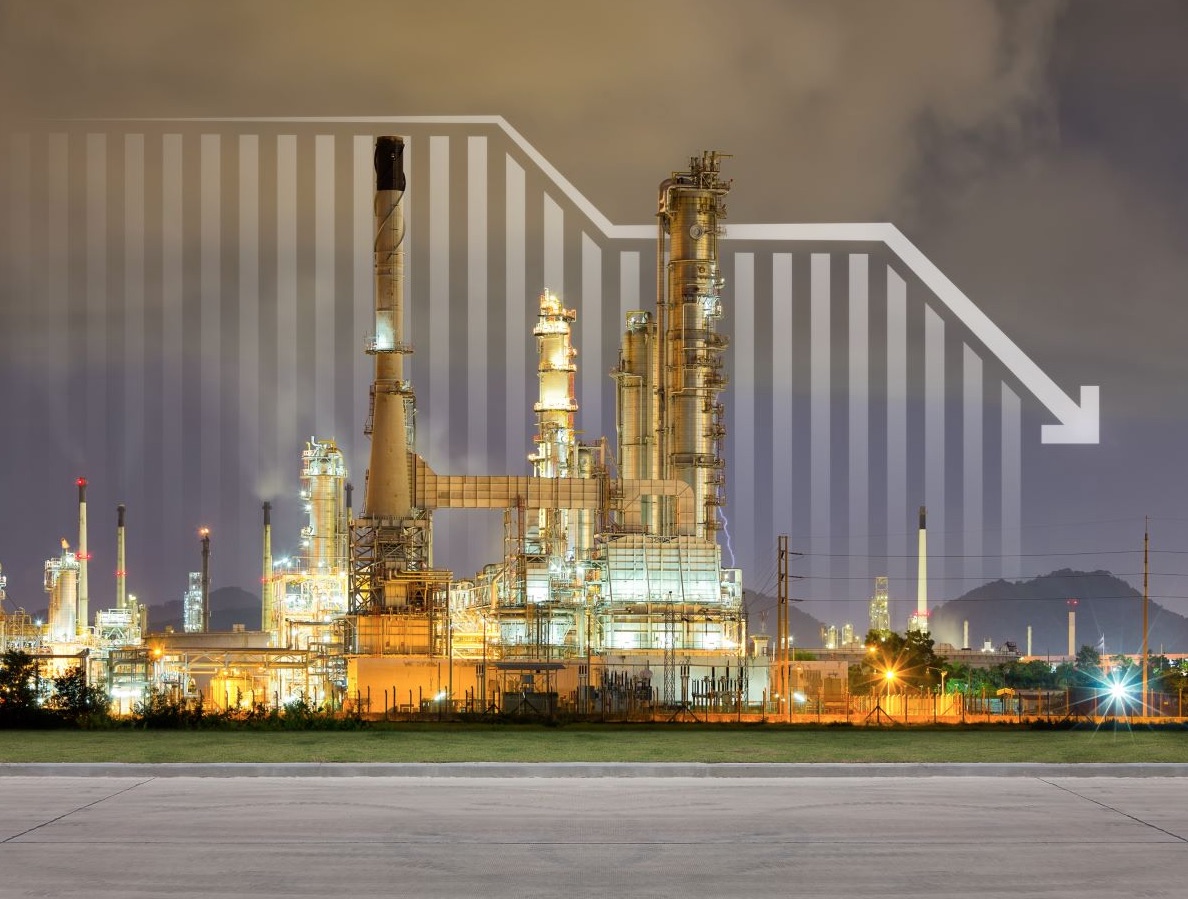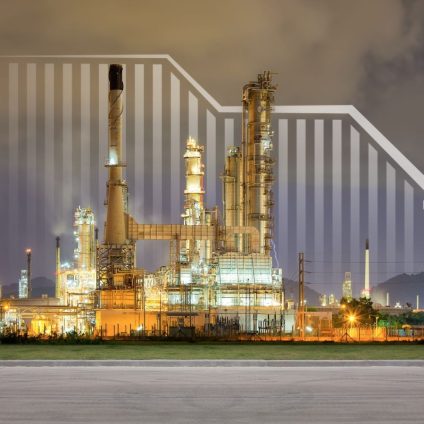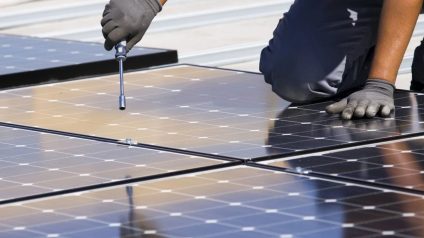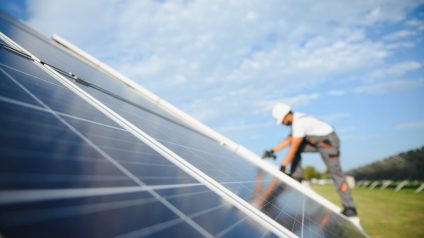The European energy market has become more predictable in 2024, marked by structural shifts and a solidified position as the world’s largest LNG importer.

Quarterly Market Analysis: Gas and Electricity Markets in 2024
The days of Europe’s energy crisis appear to be fading into the past. After the turmoil of 2022 and the volatility of 2023, the EU gas and electricity markets are now showing signs of stability in 2024. Prices have returned to more manageable levels, volatility has eased, renewables are performing strongly, and cross-border flows have strengthened. As a result, the energy landscape is becoming increasingly resilient and predictable. While industry experts urge caution, the outlook for the region is generally optimistic.
The European Commission has provided a comprehensive snapshot of these developments in its latest reports on the gas and electricity sectors. Here’s an in-depth look at the key trends shaping the markets across the EU.
EU Gas Markets: Q3 2024 Overview
The European Commission’s latest update covers Q3 2024, a period marked by declining gas demand—particularly in the power generation sector. Although the decrease was modest, it accompanied a general stabilization of market trends. Gas prices, however, showed a steady upward trajectory, a continuation of the trend observed in Q2. Imports contracted while storage levels remained at historic highs.
How Much Gas Does the EU Consume?
Between July and September 2024, the EU consumed 56 billion cubic meters (bcm) of gas, nearly unchanged from Q3 2023 (-0.3%, or -0.125 bcm). This signals a potential pause in the decline that began in late 2021. Compared to Q2 2024, consumption fell by 9% (-5.6 bcm), driven by reduced heating demand.
Year-over-year, 16 EU member states reported lower gas consumption in Q3, while 10 saw increases. Italy led the growth pack with a rise of +356 million cubic meters (second only to Germany’s +688 million cubic meters).
Gas Production and Imports: Key Trends
- Domestic Production: The EU produced 7.8 bcm of gas in Q3 2024, a 13% drop from Q3 2023 but a slight 2% increase compared to Q2 2024. The Netherlands remained the bloc’s top producer (2.34 bcm), followed by Romania (2.27 bcm) and Germany (0.9 bcm).
- Imports: EU gas imports fell to 64 bcm, an 8% quarterly drop and a 6% annual decline. Pipeline gas accounted for 67% of imports, while LNG comprised the remaining 33%. Norway remained the largest non-EU supplier (33%), followed by Russia (20%), the U.S. (13%), and North Africa (13%).
EU Electricity Markets: Q3 2024 Overview
Renewable energy continues its upward climb in Europe’s electricity sector, achieving new production records in solar power. Electricity prices trended downward across wholesale and retail markets, while demand growth remained moderate.
Renewable Energy on the Rise
Renewables accounted for 47% of the EU’s energy mix in Q3 2024, up from 43% in Q3 2023. Fossil fuels, meanwhile, dropped to 28%, compared to 32% a year earlier. Solar power led this growth, contributing 87 TWh—marking the highest quarterly solar output ever recorded in the EU. Top contributors included Germany (24 TWh), Spain (17 TWh), and Italy (10 TWh).

Electricity Prices and Consumption
- Wholesale Prices: The European Power Benchmark averaged €78/MWh in Q3 2024, ranging from €16/MWh in Sweden to €127/MWh in Romania and Malta.
- Retail Prices: Household electricity prices in EU capitals fell by 6% year-over-year, averaging €241/MWh in Q3 2024.
Gas Markets: Q1 2024 Insights
In the first quarter of 2024, the EU gas market showed strong fundamentals, supported by high storage levels, stable pipeline and LNG supplies, and lower prices across both wholesale and retail markets.
Gas Consumption
The EU consumed 111 bcm of gas in Q1 2024, a 2% year-over-year decrease but a 16% quarterly rise due to typical winter demand. Latvia saw the highest quarterly growth (+41%), while Italy experienced a decline of 0.5%-10%.












